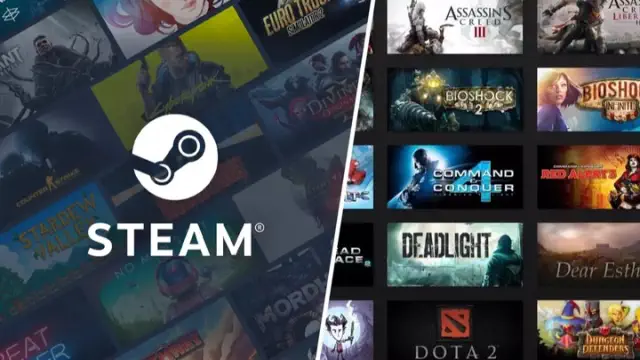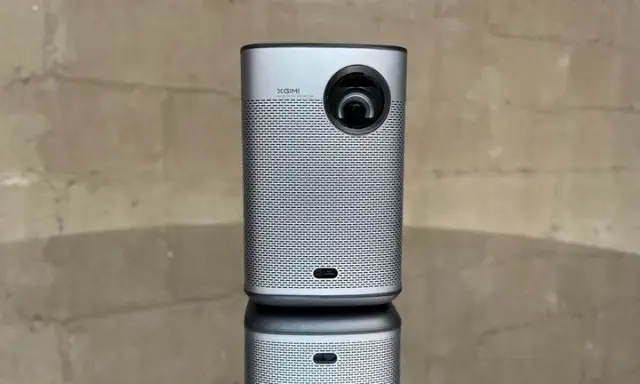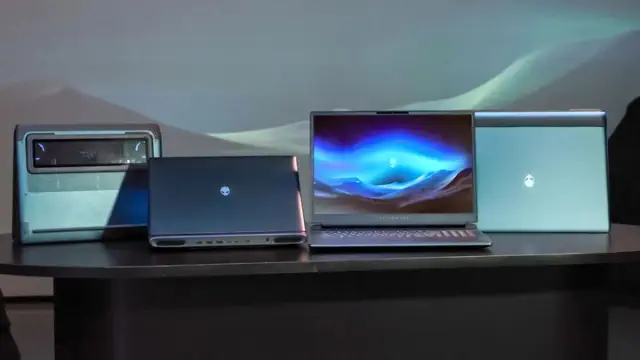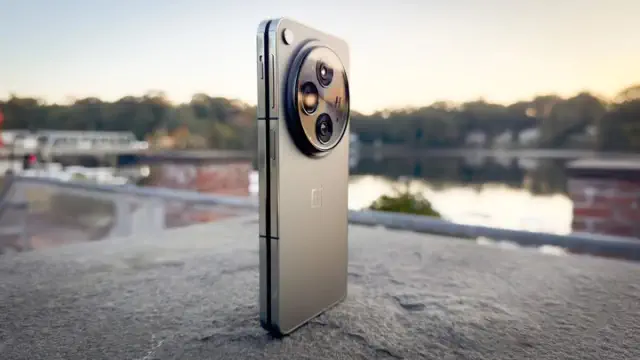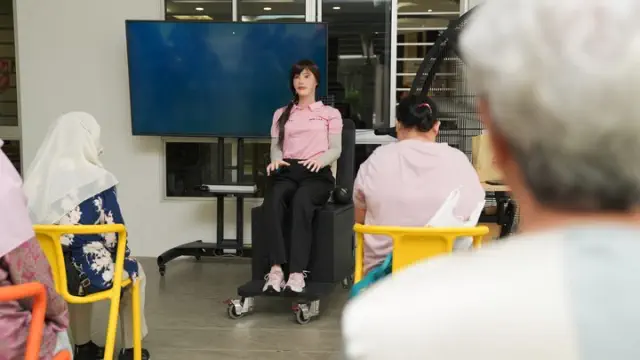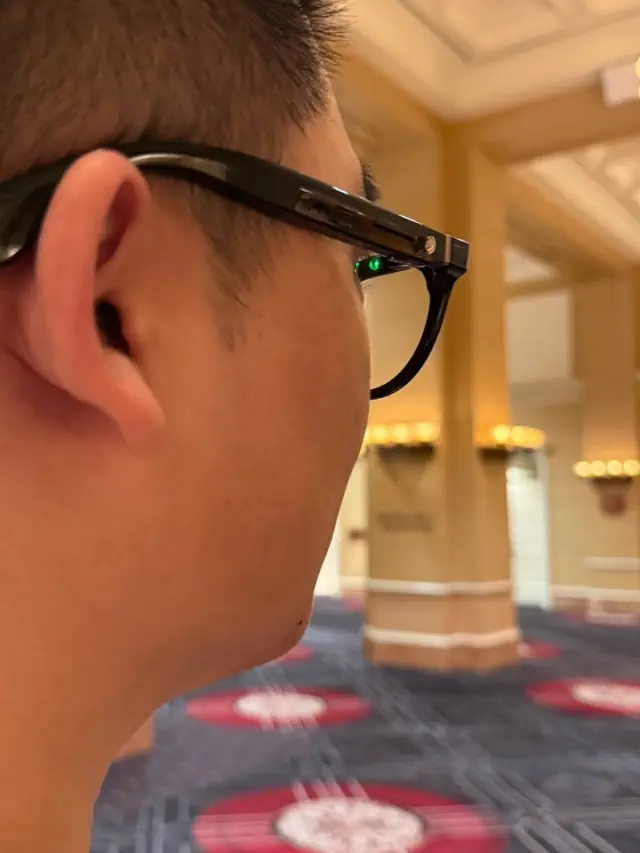
View pictures in App save up to 80% data.
Elon Musk said a third person has received an implant from his brain-computer interface company Neuralink, one of many groups working to connect the nervous system to machines.
“We currently have three individuals with Neuralinks, and all are functioning effectively,” he stated in a comprehensive interview at an event in Las Vegas, which was broadcast on his social media platform X.
Since the first brain implant about a year ago, Musk said the company has upgraded the devices with more electrodes, higher bandwidth and longer battery life. Musk also said Neuralink hopes to implant the experimental devices in 20 to 30 more people this year.
Musk did not share any specifics regarding the most recent patient, but there are new developments concerning the earlier cases.
The second individual — who sustained a spinal cord injury and received the implant last summer — has been using the device to play video games and is also learning to utilize computer-aided design software for creating 3-D models. The first recipient, paralyzed due to a spinal cord injury, shared his experience of how the device has enabled him to engage in playing video games and chess.
Although Neuralink frequently garners attention for its advancements, numerous other companies and research organizations are also pursuing comparable initiatives. Two studies published in the New England Journal of Medicine last year highlighted the ways in which brain-computer interfaces (BCIs) have improved communication for individuals with ALS.
Which organizations or individuals are involved in developing brain-computer interface technology?
More than 45 trials involving brain-computer interfaces are underway, according to a U.S. database of studies. The efforts are aimed at helping treat brain disorders, overcoming brain injuries and other uses.
According to Rajesh Rao, co-director of the Center for Neurotechnology at the University of Washington, numerous research laboratories have demonstrated that individuals are capable of precisely manipulating computer cursors through brain-computer interfaces (BCIs).
Rao mentioned that Neuralink could stand out for two main reasons: Firstly, it utilizes a robot for the surgical procedure to insert flexible electrode threads into a human brain, marking a pioneering effort in recording neural activity and managing devices. Secondly, these threads have the potential to capture signals from a greater number of neurons compared to other existing interfaces.
Nevertheless, he pointed out that the benefits of Neuralink's method have not yet been demonstrated, and several rivals have surpassed the company in certain aspects. For instance, Rao mentioned that firms like Synchron, Blackrock Neurotech, and Onward Medical are currently performing BCI trials on individuals, employing either less invasive techniques or more adaptable strategies that integrate neural recording with stimulation.
What advantages do brain-computer interfaces (BCIs) offer?
Marco Baptista, chief scientific officer of the Christopher & Dana Reeve Foundation, called BCI technology “very exciting” with potential benefits to people with paralysis.
He stated, “By conducting clinical trials, we’ll gain insight into which approach will succeed. However, it’s still too soon to determine.”
Baptista mentioned that his foundation typically aims to provide financial assistance and expert guidance to research teams, although it has not allocated any funds to Neuralink.
"We must actively back initiatives that carry both high risks and high rewards. This situation undoubtedly falls into that category. The safety and feasibility remain uncertain," he stated.
How are brain-computer interfaces (BCIs) evaluated and governed?
In 2023, Neuralink revealed that it had received approval from U.S. regulatory authorities to start human trials of its device.
According to Dr. Rita Redberg, a cardiologist at the University of California, San Francisco, who specializes in high-risk devices, most medical devices are launched without clinical trials. However, those classified as high-risk that require pre-market approval must obtain an "investigational device exemption" from the Food and Drug Administration.
Neuralink claims to have received this exemption, but the FDA has stated that it is unable to confirm or provide details about a specific study.
Redberg mentioned that the FDA plays a role throughout the entire process, from patient recruitment to device testing and data analysis. She emphasized that this regulatory framework places a strong emphasis on safety.
She highlighted an additional layer of safeguarding: any research that involves human participants is required to undergo review by an institutional review board, commonly referred to as an IRB. This board may also be called an ethical review board or an independent ethics committee. Its composition must include at least one member who is not a scientist, along with someone who is not connected to the institution or organization that established the board.
According to Redberg, the function of these boards is to recognize that there is a sensible level of risk involved and a reasonable possibility of benefits, ensuring that patients are made aware of this information prior to their enrollment.
___
The Health and Science Department of the Associated Press is backed by the Science and Educational Media Group of the Howard Hughes Medical Institute and the Robert Wood Johnson Foundation. However, the AP maintains full responsibility for all content produced.



